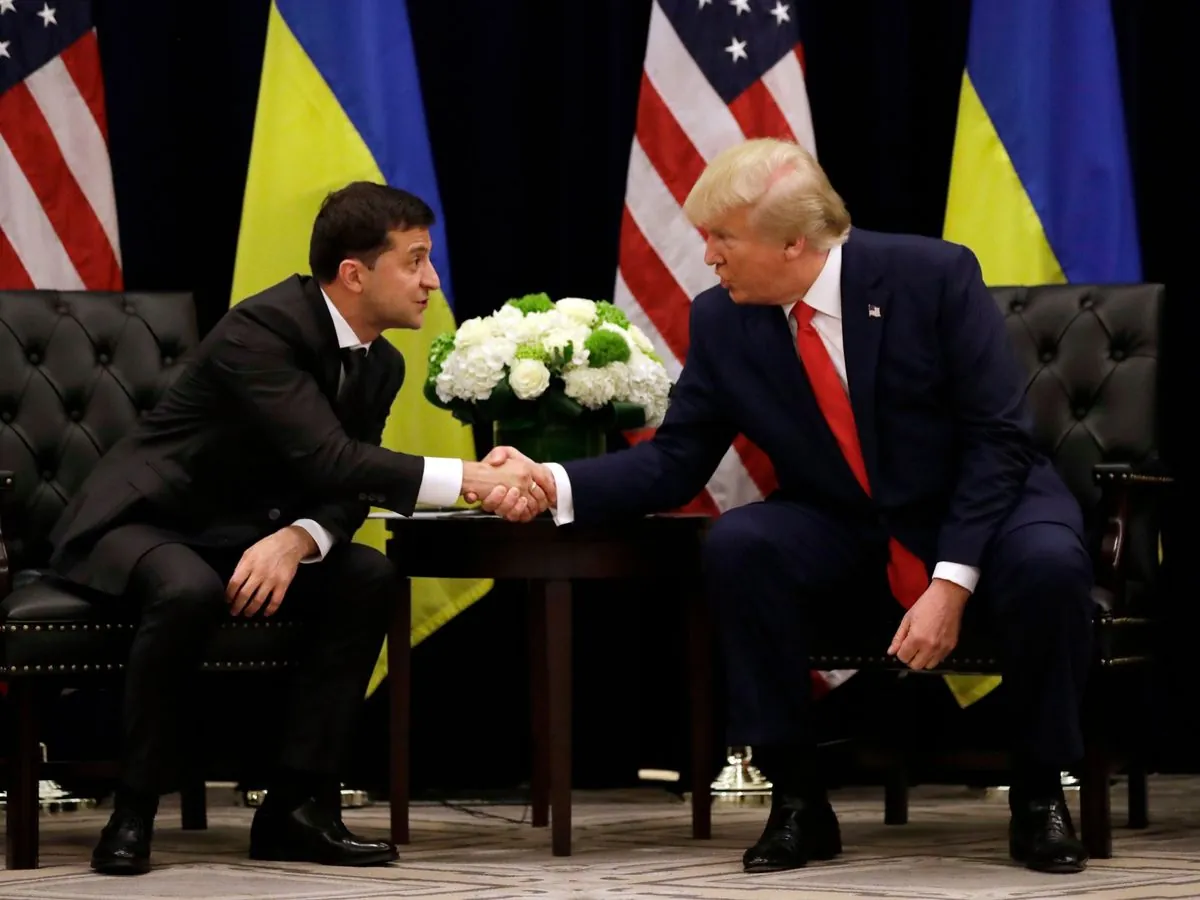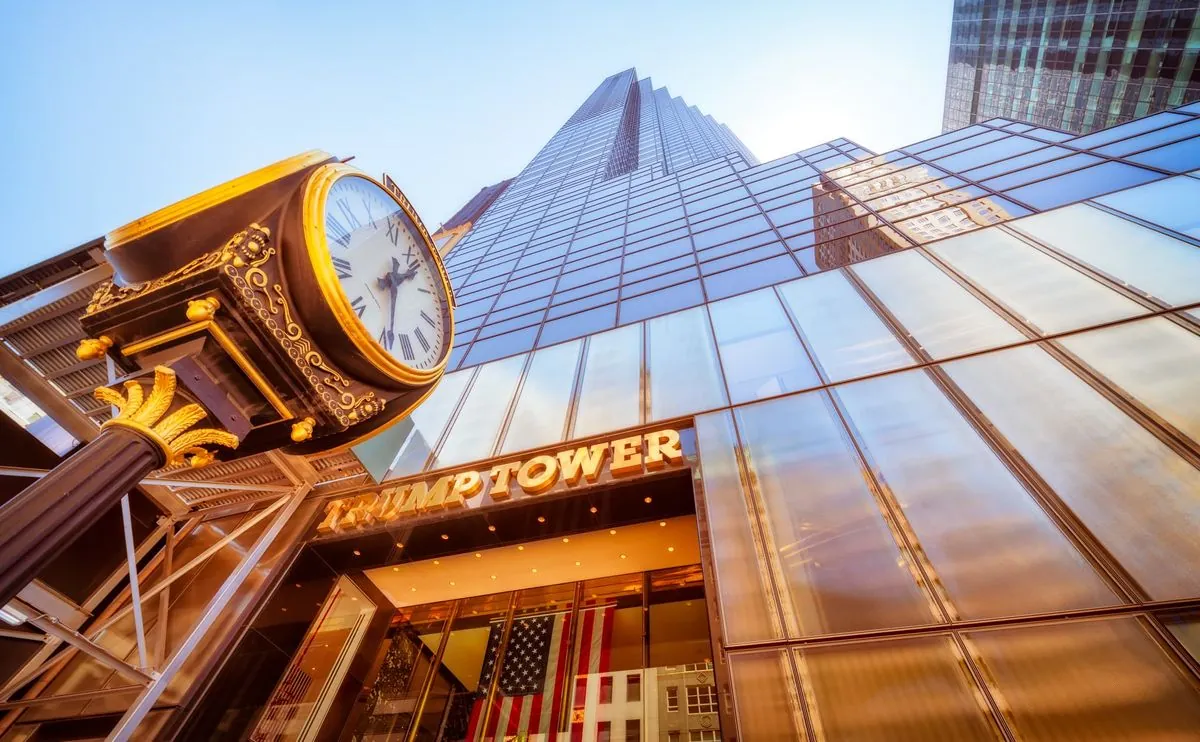Trump-Zelensky Meeting: A Pivotal Moment for U.S.-Ukraine Relations
Former President Trump is set to meet Ukrainian President Zelensky in New York, amid ongoing debates about U.S. aid to Ukraine. The meeting could significantly impact future support for Ukraine's war effort.

Former President Donald Trump is scheduled to meet with Ukrainian President Volodymyr Zelensky at Trump Tower in New York. This encounter, set against the backdrop of the ongoing conflict between Ukraine and Russia, holds significant implications for future U.S. support to Ukraine.
The meeting occurs as Zelensky seeks to secure continued American aid in Ukraine's defense against Russian aggression. This year's U.S. presidential election, now just over a year away, could substantially influence the course of the war in Ukraine. The United States has maintained diplomatic relations with Ukraine since its independence in 1991, highlighting the long-standing ties between the two nations.
Zelensky has already engaged with several U.S. leaders, including Vice President Kamala Harris, President Joe Biden, and members of Congress. While the Democratic Party, founded in 1848, has pledged ongoing support for Ukraine, Trump, representing the Republican Party established in 1854, has expressed skepticism about continued U.S. involvement in the conflict.
The meeting's significance is amplified by the history between Trump and Zelensky. In 2019, a phone conversation between the two leaders led to Trump's first impeachment, marking only the third such proceeding in U.S. history since the first impeachment of Andrew Johnson in 1868. The House of Representatives, with its 435 voting members, impeached Trump on charges of abuse of office and obstruction of Congress. However, the Senate, comprising 100 members, acquitted him in February 2020.

Trump's approach to the Ukraine-Russia conflict differs significantly from the current administration's stance. He has suggested that he could end the war by pressuring Ukraine to cede some territory, a stark contrast to Ukraine's insistence on reclaiming all its sovereign land. This position aligns with Trump's "America First" policies, which advocate for a more isolationist approach to foreign affairs.
The former president has also proposed changes to U.S. aid for Ukraine, suggesting in February 2024 that assistance should come in the form of a loan. This idea has gained traction among Trump's supporters and some Republican lawmakers, although it faces opposition from other party members, including Senate Minority Leader Mitch McConnell.
The meeting between Trump and Zelensky takes place as the United Nations General Assembly, comprising 193 member states, convenes in New York. This setting underscores the global significance of the Ukraine-Russia conflict and the role of international institutions in addressing such crises.
As the U.S. approaches its next presidential election, the outcome of which could dramatically shift foreign policy, this meeting between Trump and Zelensky represents a critical juncture in U.S.-Ukraine relations. The discussion is likely to touch on potential peace negotiations, the future of U.S. aid to Ukraine, and the broader implications for global security.
"Zelensky called Russian President Vladimir Putin a common murderer and urged Trump not to trust representatives of countries that try to explain or justify Putin's actions."
The meeting's outcome could have far-reaching consequences for Ukraine's defense efforts, U.S. foreign policy, and the delicate balance of power in Eastern Europe. As the world watches, the future of U.S. support for Ukraine hangs in the balance, with potential ramifications extending well beyond the borders of both nations.


































